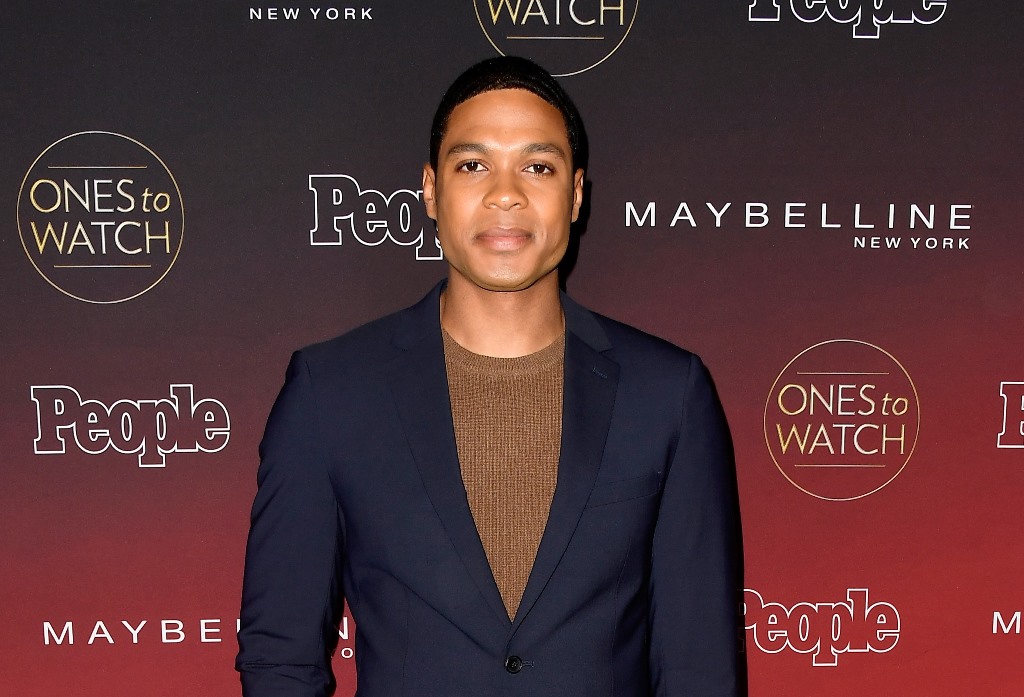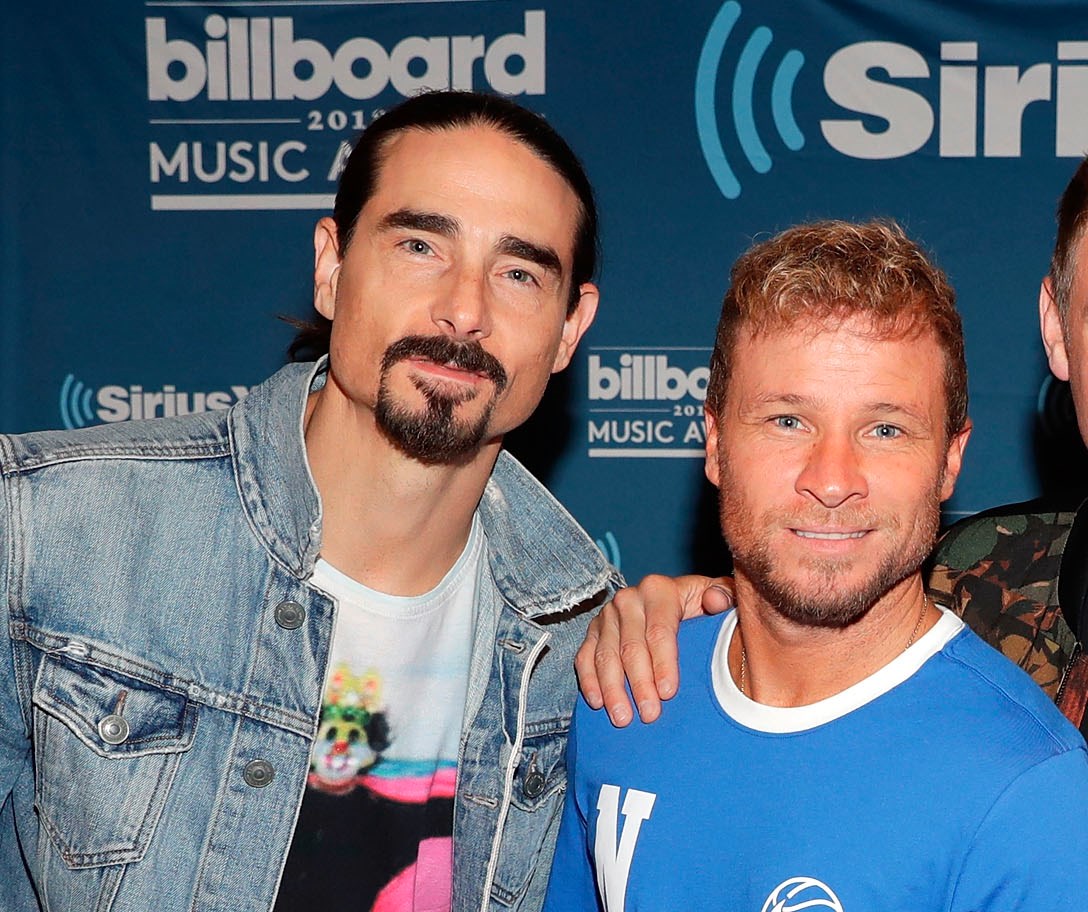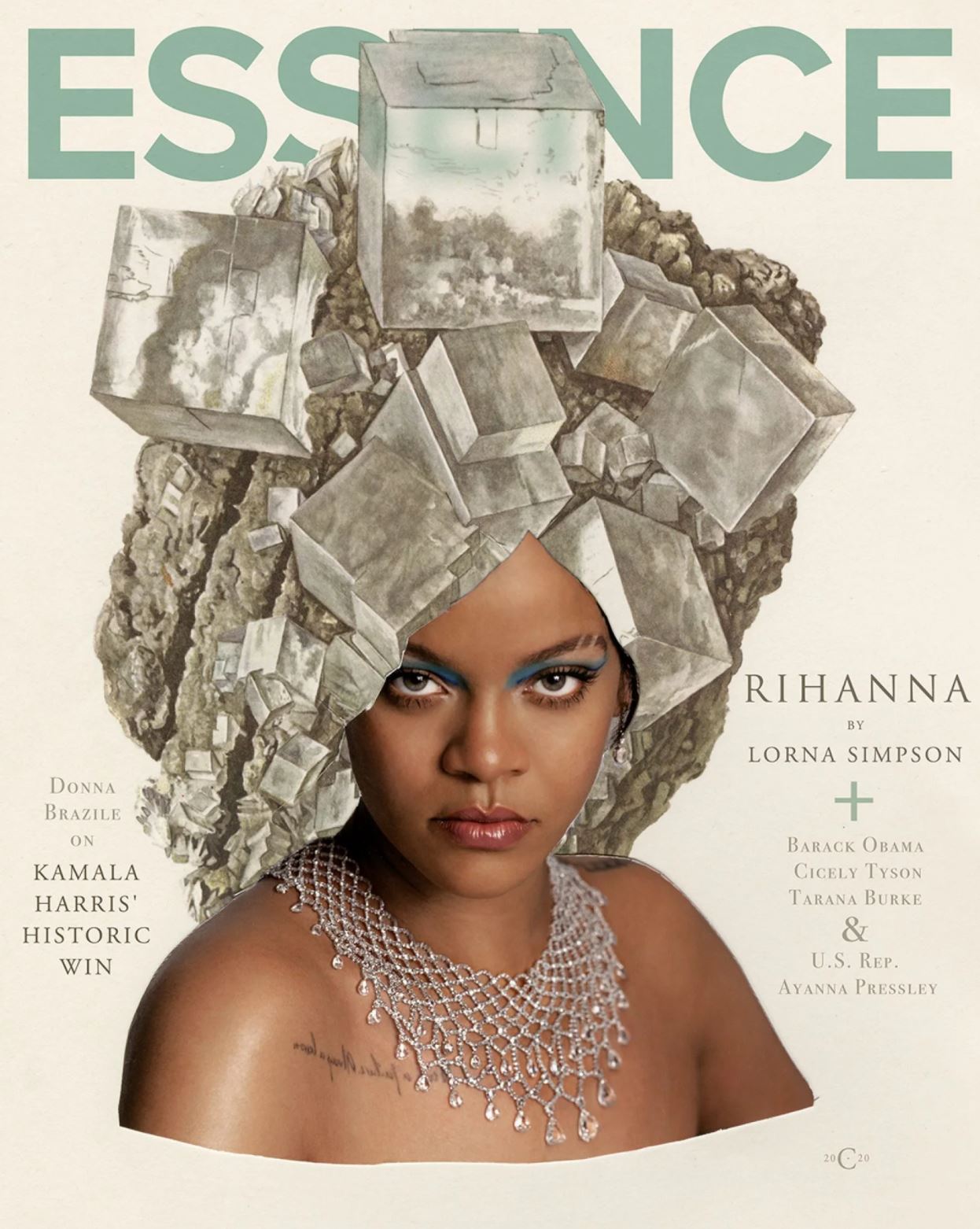Ray Fisher lost his job



The long-running saga of Ray Fisher and the toxic on-set culture of the Justice League reshoots overseen by Joss Whedon has come to an end, and it is an end many feared: Ray Fisher lost his job as Cyborg in the DC extended universe. There was always anxiety that in speaking up for himself and others, Fisher would face punitive action from the studio, and that seems to be the case, as he says he has been written out of the Flash movie due to film later this year. (Ezra Miller, who allegedly choked a woman, is still starring as the Flash.)
Many people will point out that this is the inevitable result of taking on toxicity in the workplace, that Fisher “asked for it” by being “difficult”, but Fisher tried to do what was right, got stymied by the system, and then ultimately the system did what the system always does and protected itself at the expense of the individual. It’s a crappy situation all the way around, and Fisher is right about one thing, this long ago stopped being about a few people’s sh-tty behavior on set and became about the “cover-up culture of Hollywood”. I don’t know how you can hear Fisher’s story and not think of all the women who tried to sound the alarm about predatory men in the industry only to have their careers evaporate. The only real difference is that Fisher came along at a time when social media exists, which empowered him to make his fight public. But the outcome is all the same, Fisher is out of a job and undoubtedly some people will be calling him “difficult” now.
One thing that stands out starkly is the difference between how Fisher’s outspokenness was received and John Boyega’s outspokenness about shortcomings at Disney/Lucasfilm. Boyega called out failures at Lucasfilm to treat their characters of color well and was received positively and with no apparent backlash from within the industry (the toxic fans are another matter entirely, and this isn’t about them right now). And when he spoke about systemic racial injustice last summer, he was widely embraced by his filmmaking community, to the point that I do not think Boyega being outspoken will slow him down at all. But no such support materialized for Ray Fisher when he spoke to the same issues, just at a different film studio. Jason Momoa was supportive, and Gal Gadot confirmed she, too, had issues with Whedon, but there has been no public rallying around Fisher from other filmmakers and actors to the level that Boyega saw in the wake of his own comments.
I’ve been thinking a lot about why that is, and I think it comes down to system versus individual. Boyega never made his comments about anyone specific, he said Disney has a problem, not Kathleen Kennedy, or JJ Abrams, or Rian Johnson, or any one person, which makes it easier for the people within the system to respond and, supposedly, “fix it from within”. Fisher, however, named names and called out specific people, eventually honing on DC Films president Walter Hamada. The perception—and that is the important word, because I am talking optics here, not necessarily behind-the-scenes reality—is that Fisher got into a fight with Hamada, specifically, and, well, Walter Hamada has power. People do not want to alienate power. People do not want to risk not getting to work with Hamada in future. He’s the president of DC Films now, but who knows where he’ll be next year, or the year after that. He seems to be thriving in the tumultuous, post-AT&T landscape at Warner Brothers. Walter Hamada could be running the whole studio someday. That’s not a person most people in the industry would be willing to cross.
Again, this is not a matter of one is right, and the other is wrong, or that I think Boyega did anything “better” than Fisher did it. I’ve just been pondering why Fisher didn’t see the same level of industry support as Boyega, and the best I can come up with is no one wanted to get caught in the middle of what came to be seen as an interpersonal conflict between an actor and the president of a film studio. It’s easier to get behind notions of systemic change, it’s much harder to take sides in a personal fight. And that’s unfortunate, because Fisher was trying to make systemic change happen, but it seems the biggest outcome of his efforts is that Joss Whedon is also out of a job.
Of the others Fisher named, Jon Berg, who was co-president of DC Films at the time Justice League was made, had already been demoted by the time Fisher came forward, though he still continues to produce projects for Warner Brothers. Geoff Johns had also already been dismissed as co-president of DC Films, though he remains thoroughly entrenched at the studio as a writer and producer, most recently executive producing and co-writing Wonder Woman 1984, and he is heavily involved with DC’s many television projects. And Walter Hamada is the president of DC Films, with no signs he is going anywhere, unless it’s upward to an even more powerful position. Whedon is the only one—besides Fisher—who is out of the Warner Brothers system entirely (though he will still make money on The Nevers).
This is a very unsatisfying end to this story. Ray Fisher was brave for speaking up, and he must have been onto something because the Warner Brothers publicity machine kicked in HARD to protect itself (and pretty much all the tradesgot on board, publishing Warners’ talking points with very little interrogation into who was being served by this agenda). Ray Fisher will next be seen in Zack Snyder’s Justice League in March, and then after that he will star in the limited series Women of the Movement. I hope more good things come his way, and that he finds supportive collaborators who value his input and his work. After all, his work was never in question.
https://twitter.com/ray8fisher/status/1349500170896084992/photo/2

